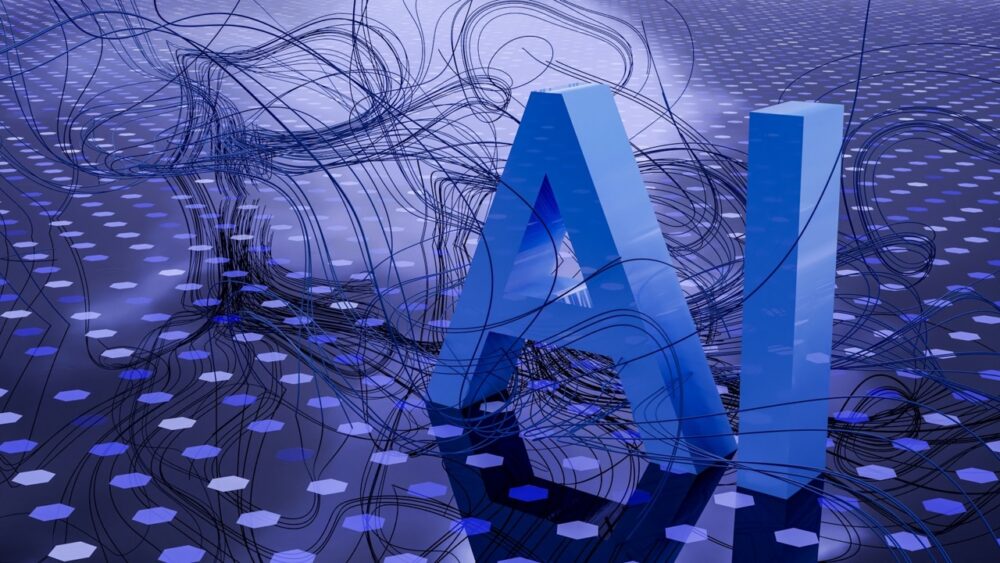The landscape of education is undergoing a revolutionary change, thanks to the integration of Artificial Intelligence (AI). From customized learning experiences to instant homework help, AI technology is reshaping how students interact with their academic material. As these tools become more sophisticated, they offer unparalleled support in managing and enhancing students’ educational journeys.
AI-powered tools are designed to adapt to the individual learning styles of students, offering tailored educational experiences that are both engaging and effective. These technologies can analyze the strengths and weaknesses of a student’s learning patterns, allowing for customized lesson plans that focus on areas needing improvement while reinforcing those already mastered.

Tools as a Study Companion
For students grappling with the complexities of academic assignments, technology not only offers a helping hand but a powerful ally. Tools like tutors, interactive learning modules, and virtual labs provide real-time assistance and feedback, enhancing understanding and retention of material. However, students requiring online dissertation writing services still need human assistants who help organize notes, generate citations, and even suggest improvements in writing style and structure.

Top AI Technology Tools Transforming Student Learning
1. AI Writing Assistants
AI writing tools like Grammarly and Hemingway are revolutionizing the way students write. These platforms use advanced algorithms to check grammar, enhance vocabulary, and even refine the overall style of a paper, making them indispensable for essay writing and research projects.
2. AI Tutors and Personalized Learning
Platforms like Socratic by Google use AI to help students understand school work at a high school and university level. By just taking a photo of the question, Socratic not only gives an immediate answer but also explains the concepts behind it, making learning faster and more comprehensive.
3. Voice-Activated Assistants
Voice-activated AI assistants such as Amazon’s Alexa or Google Home are becoming common study aids. They can provide definitions, solve mathematical problems, and even help students with language learning by conversing in different languages.
4. Plagiarism Checkers
AI-driven plagiarism checkers like Turnitin are essential for students who want to ensure the originality of their work. These tools compare a student’s writing against an enormous database of previous works to detect plagiarism, thereby fostering a culture of honesty and integrity in academic writing.
5. Automated Scheduling Tools
AI tools like ArtiBot and x.ai help students manage their time more efficiently by automating appointment setting and reminders for study times, deadlines, and group meetings, reducing the stress of managing a busy academic schedule.
6. Virtual Reality (VR) Learning Environments
AI-powered VR applications can simulate real-world environments for subjects like biology, engineering, and history, providing an immersive learning experience that is both engaging and educational.
7. Adaptive Learning Platforms
Platforms like Smart Sparrow and DreamBox Learning adapt the learning content in real time, responding to the needs of the student. This personalized learning experience increases student engagement and improves educational outcomes.
8. Predictive Analytics
AI systems are able to predict student performance by analyzing past data. This can alert both students and educators about potential learning blocks or difficulties, allowing them to proactively address issues before they impact performance.
9. Flashcard Apps
AI-driven flashcard apps like Anki or Quizlet use spaced repetition algorithms to help students study more effectively. These apps analyze how well a student knows an answer and adjust the frequency of each flashcard accordingly to optimize learning.
Bridging Gaps and Fostering Inclusion with AI
AI technology is not just revolutionizing the way students learn; it’s also breaking down barriers for those with learning disabilities or those who require alternative learning methods. AI-driven tools can customize experiences to suit individual needs, offering text-to-speech for visually impaired students or predictive text and speech recognition for those with dyslexia or other learning difficulties.
This adaptive learning technology ensures that education is accessible to all, providing a platform where everyone has the opportunity to succeed regardless of their learning challenges.
Enhancing Collaboration and Connectivity
In today’s interconnected world, collaboration is a key part of the educational experience. AI is at the forefront of enhancing this aspect by facilitating more effective group projects and discussions.
AI chatbots, for instance, can organize and manage group tasks by assigning roles based on each student’s strengths and weaknesses, tracking progress, and even mediating in group conflicts. Tools like these help streamline the collaborative process, making group projects more productive and less stressful.
AI in Test Preparation and Assessment
AI is also transforming how students prepare for and take exams. AI-driven revision tools analyze a student’s performance over time to highlight areas that need more attention and provide customized quizzes and practice tests.
During assessments, AI can monitor students’ progress and provide real-time feedback, helping them understand concepts better and reduce exam anxiety by adjusting the difficulty of questions based on their responses.
Predictive Learning and Future Pathways
Looking ahead, AI is set to play an even more significant role in guiding students through their educational journeys. Predictive learning AI tools use data from a student’s entire educational history to suggest future courses, predict potential academic outcomes, and even recommend career paths that align with their skills and interests.
This level of personalized guidance is invaluable as it helps students make informed decisions about their futures based on a comprehensive analysis of their abilities and aspirations.
Overcoming Challenges and Ethical Considerations
While the benefits of AI in education are clear, there are also challenges and ethical considerations that need to be addressed. The reliance on data and algorithms raises concerns about privacy and data security.
Ensuring that students’ information is protected and that AI tools are used responsibly is paramount. Additionally, there is the risk of over-reliance on technology, which might hinder the development of critical thinking and problem-solving skills in students.
Educators must find a balance between leveraging AI tools and fostering independent learning and creativity among students.
Final Thoughts: AI as a Catalyst for Educational Success
By embracing these innovations, students can enhance their learning processes, reduce stress, and achieve better academic results. In the future, AI-driven tools are expected to become even more integral to educational experiences, supporting students in ways we can only begin to imagine.
As this technology develops, it will undoubtedly open new avenues for learning, creativity, and academic excellence!




















